Erasmus in one of the best European cities: Budapest
My name is Miranda Zambrana and last semester I was lucky enough to be able to enjoy my Erasmus exchange in Budapest. I am a Human Nutrition and Dietetics student in Barcelona, and in Budapest I studied Food Science in Szent István University. I was given Budapest as my destination pretty much at random and I didn't really have many expectations for the city. What I didn't know what that I was about to embark upon the best experience of my life in, what I now consider to be, one of the best capital cities in Europe.
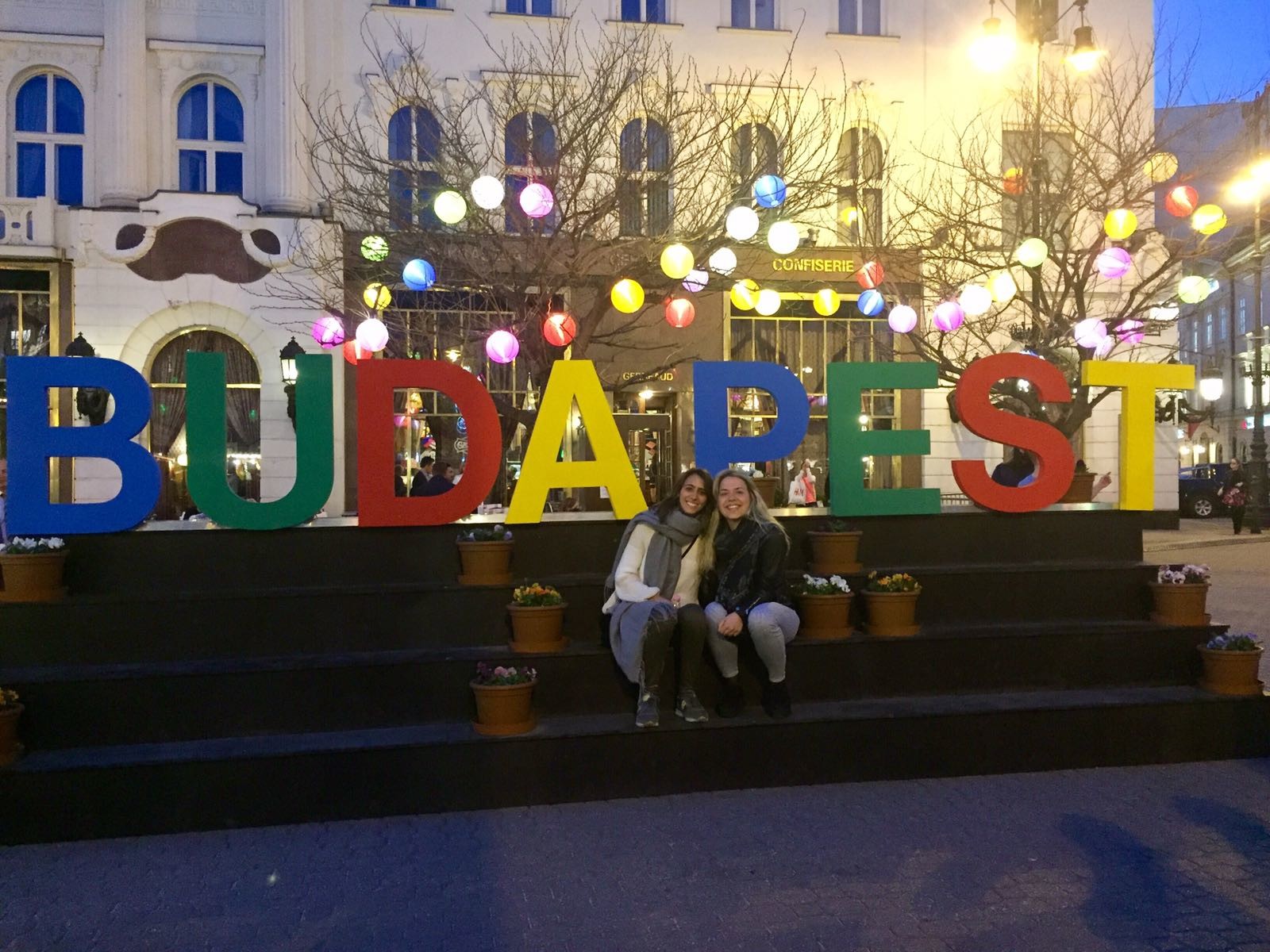
The city
Budapest, the 'Pearl of the Danube', is the capital of Hungary, a cosmopolitan city divided into Buda and Pest by the River Danube. Buda is the residential part, arguably more elegant, whereas Pest is the financial heart of the city, the part where there is more going on. It's a city that has a lot on offer for tourists and where we can find thousands of activities according to the tastes of each individual. Next, I will explain the most important information that you will need to know by the time your Erasmus exchange in Budapest comes around, as well as some recommendations of activities and places to visit, all based on my own personal experiences there.
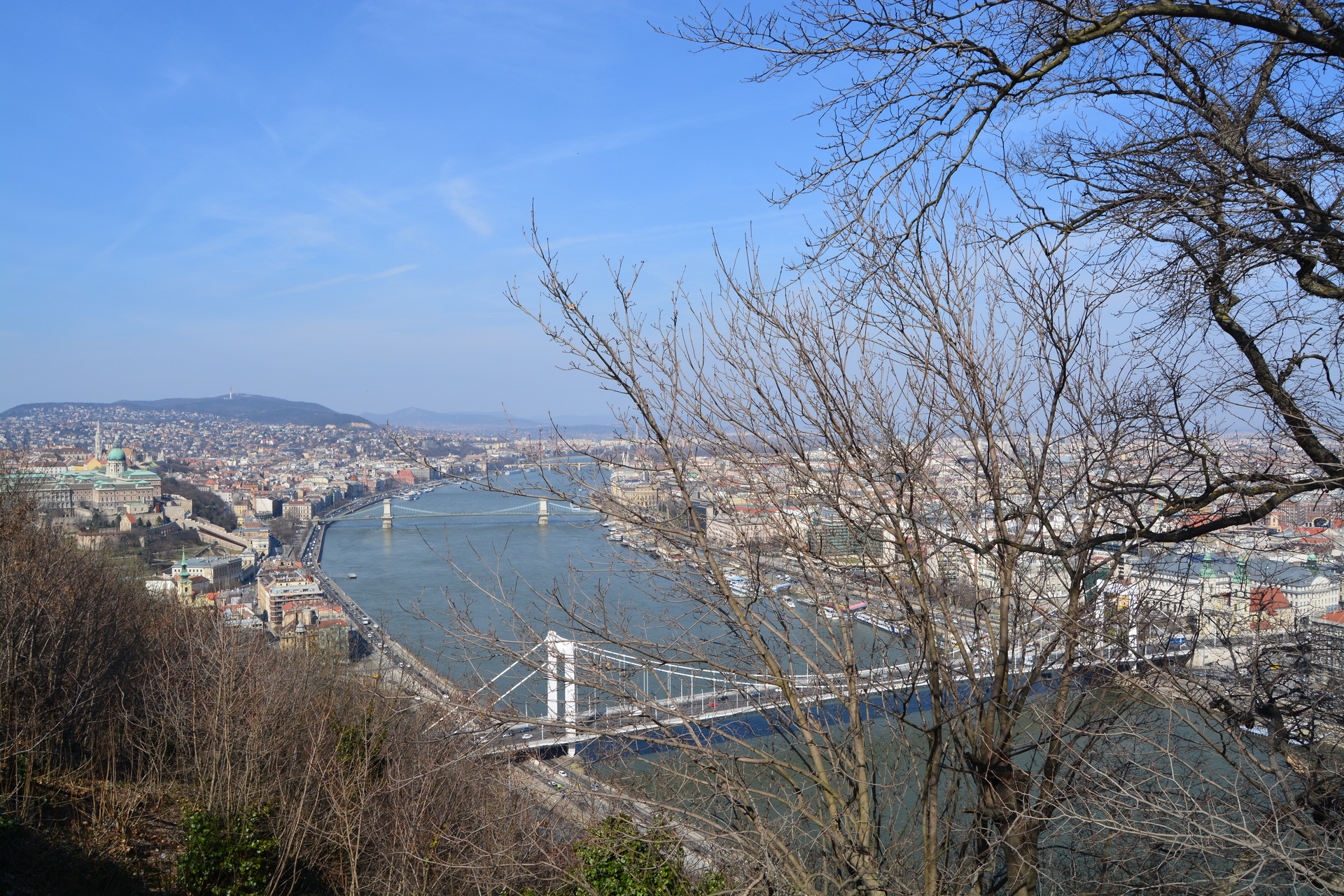
Currency and foreign currency exchange
The currency in Budapest is the Hungarian forint (HUF) - one euro approximately equates to 309 HUF. It's normal that, upon arrival in Budapest, you are confused and you change your money in the first place that you can find: the airport. I made the mistake of changing money there - DON'T do it - as the rate is really low (1€ = 245 HUF) and you will lose money. In the city centre, there are lots of bureaux de change and you have to keep an eye on the rates that offer you. One of the best places to go is Gold Change (Ferenc krt. 33). They don't always let you pay by card in every single bureau de change, so it's always best to take cash with you.
The climate
I was in Budapest during the second semester of the academic year (from January to June), so when I arrived, it was incredibly cold (-15 degrees Celsius) and it was normal for it to snow, but later, by the time spring came around, the temperatures really began to rise (35 degrees Celsius). The change is quite sudden and you have to go prepared with every type of clothing.
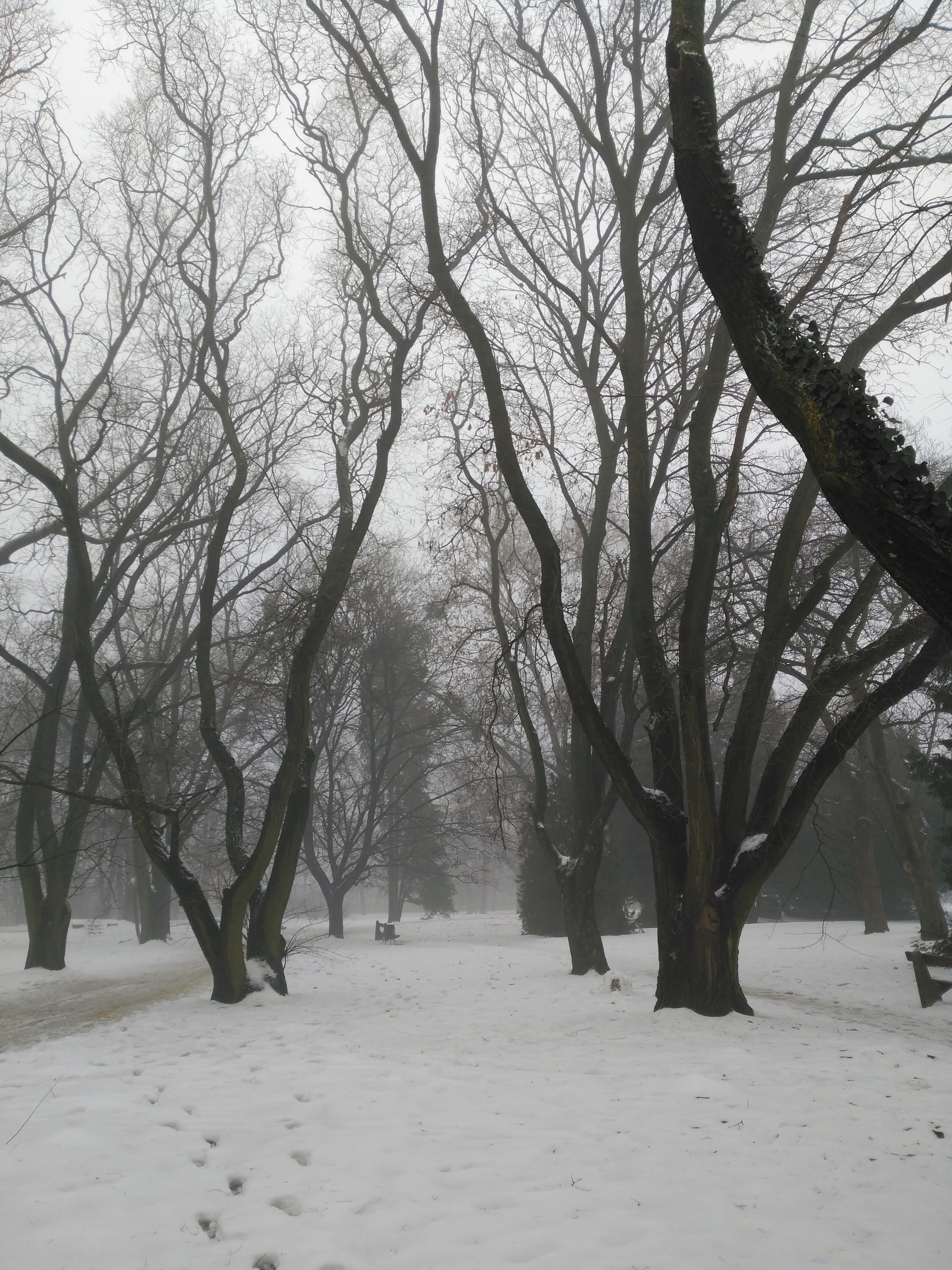
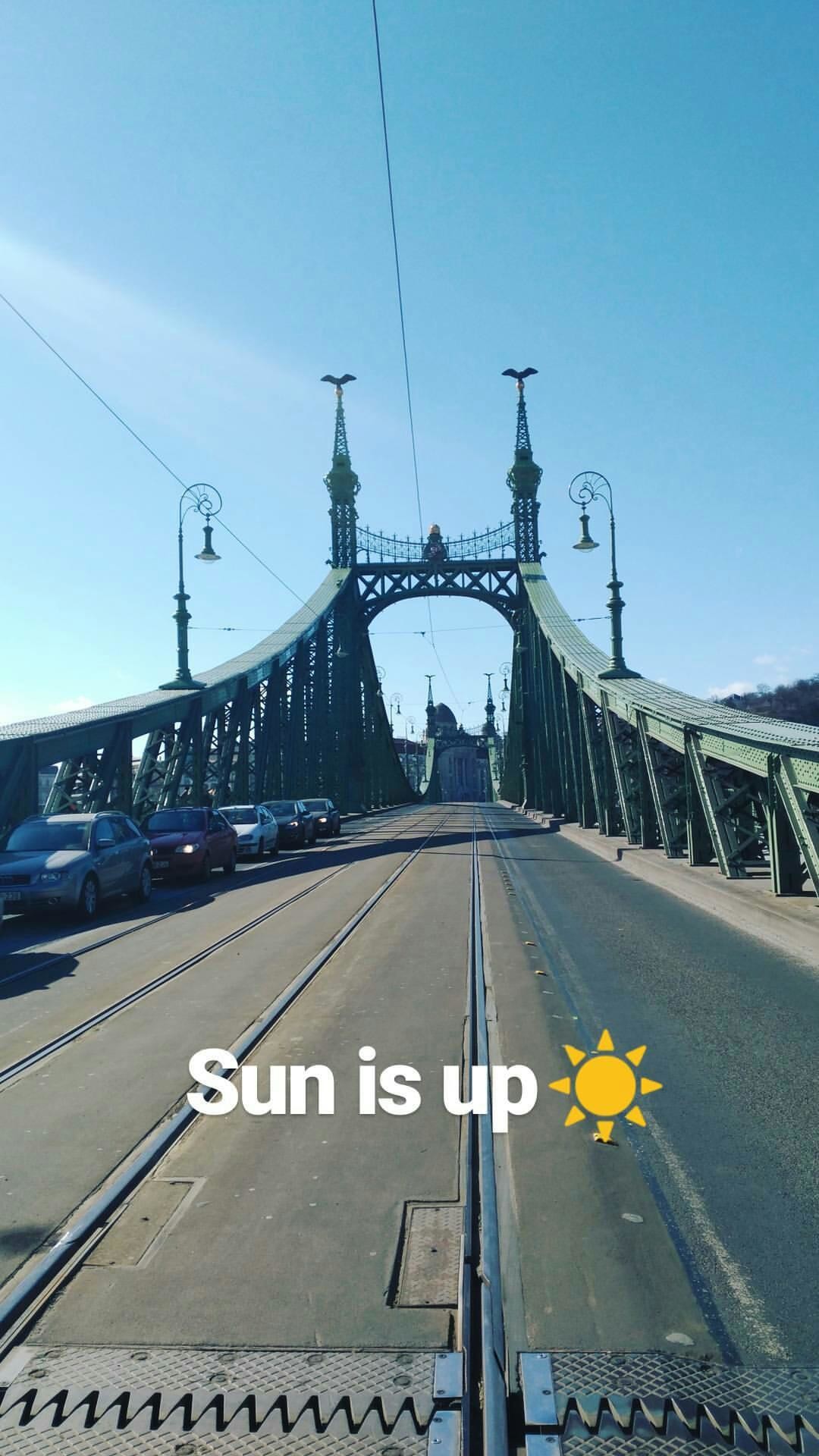
Accommodation
In the city centre, there are no student residences. My university offered me a place in a residence situated in a village one hour away from the centre of Budapest, meaning that you have to rely on the trains for getting there and back. The most practical thing to do, and is what everyone does, is to share a flat with other international students. Rent prices fall anywhere in the region of 275€ and 375€ with utility bills included (gas, water, electricity, etc. ), and it's recommend to look for a flat before arriving in the city. There are thousands of Facebook pages where people advertise flats for students. I did this and I didn't have any problems. There are also flat-letting agencies that look for accommodation for you, but going through these is usually a little more expensive.
In which area of Budapest should I search for an apartment?
You will see that Budapest is divided into districts. The centre of the city is located in District V, so any accommodation in this area would mean that you are in a really great location. The universities are located in Buda, but don't worry, it's much better to live in Pest, and with the city's good transport system, there's no problem in crossing the river to go to university. The streets Wesselényi, Király, Blaha Lujza or Oktogon are good options, as this is where the most well-known bars and nightclubs are situated.
Transport
Budapest has an extensive transport network with its metro, bus services, trams, trains, and even the boats that cross the Danube. The most useful of them all is the tram, especially line 4-6. This line travels across the city centre in its entirety, and most importantly, it's open 24 hours a day, which means living close to any stop on this tram line is a huge advantage when it comes to going out at night.
For students, there is a ticket that costs around 10€ with which you can use any mode of transport in the city as many times as you want during a month-long period. On the tram, there are usually ticket inspectors in the morning, and, on the metro, they usually dress like normal civilians. The fines are not very high, but it's just worth buying the monthly ticket for students. In order to obtain one, you need the ID card given to you by your university.

Mobile phones
The best thing to do to be able to use your own mobile phone is to go a mobile phone company (that you'll find in any shopping centre) and ask for a prepaid SIM card. They will give you a Hungarian mobile number, and you will be able to call and use the internet on your mobile like normal. I did this with the company Telenor, and for 6€ a month, I had 1GB of internet and unlimited use of social networks.
Prices
Generally, Budapest is a cheap city. Going out for a drink or to a nightclub to very cheap compared to doing so in Barcelona (my home city). Salaries are quite low there, which explains why the cost of living is also low. They take advantage of both tourists and Erasmus students alike (like in all major cities), as my rent was much more expensive that that of any local. Eating out has an average price of 10€, and the prices in the supermarket surprised me, as there weren't particularly low considering the salaries of the Hungarians. The best place to do your food shopping is Central Market - the most important market in the city centre. Fruit and vegetables sold there are cheap and of high quality. Tuna is really expensive and they almost don't sell any fish.
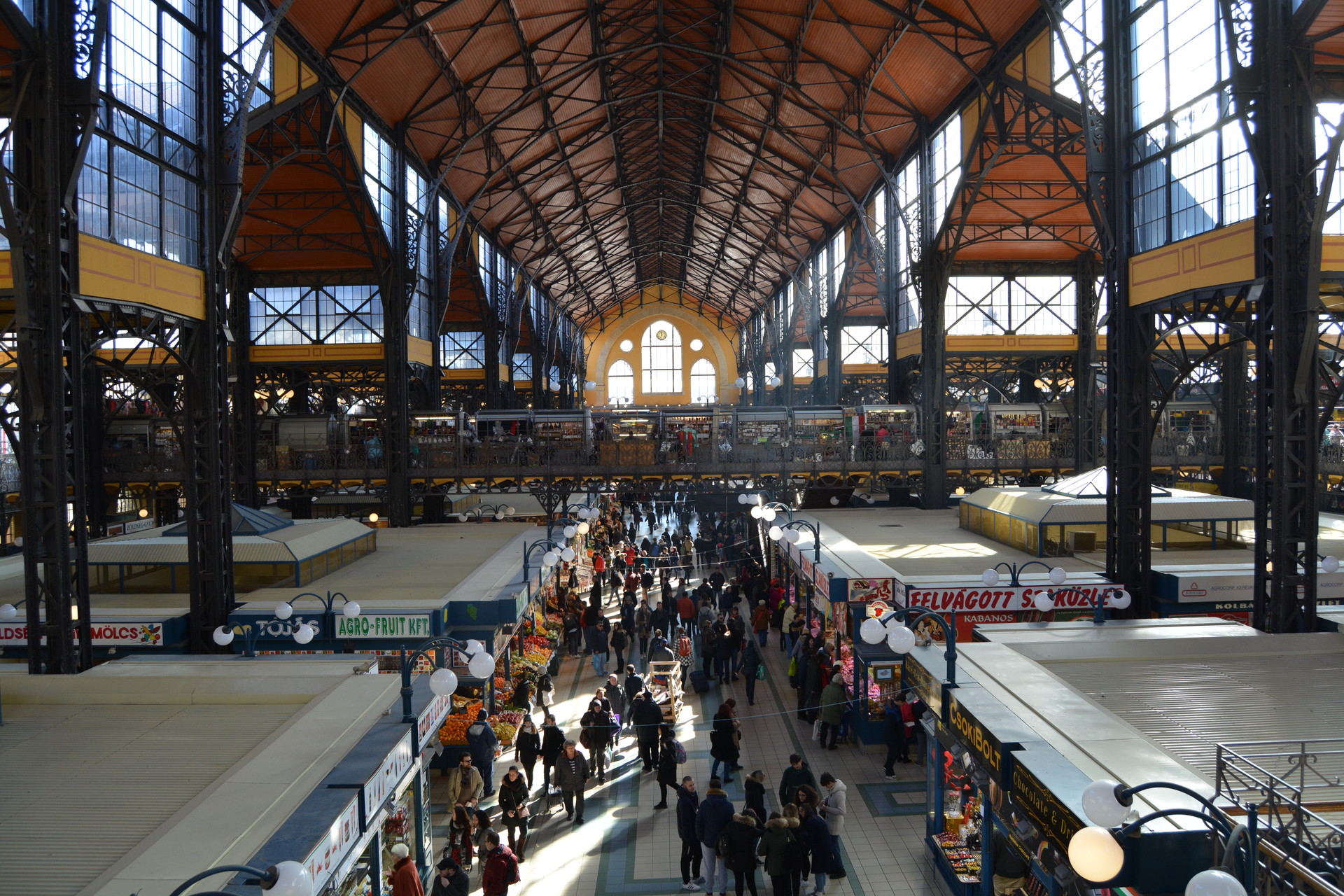
Besides, there are lots of little shops (like convenience stores) that are open 24 hours a day, where they usually sell food, tobacco, and alcohol.
The Hungarian language
Hungarian is one of the most difficult languages in the world, so don't try to learn it. It's enough to just know the four basic expressions to survive. As a rule, the Hungarians don't know English, so you will only speak it at university or with other international students. At the supermarket, in shops, or any other place for that matter, they are going to speak to you in Hungarian despite you having told them that you don't understand. The few that know English are much friendlier than those who don't speak it.
What to visit in Budapest
Budapest has absolutely loads of history and an endless amount of places to visit:
- Váci út (shopping street)
- Buda Castle
- Fisherman's Bastion
- Budapest Parliament
- Heroes' Square
- Matthias Church
- Saint Stephen's Basilica
- Andrássy út
- Memento Park
- House of Terror
- New York Café
In addition to the aforementioned places, there is also an endless amount of activities that you can do and museums that you can visit: in the above list, I have written down the main ones and others that I personally went to.
Personally, I really like the panoramic views of the city. One of the best experiences that I had there was watching the sunset from Fisherman's Bastion, situated in Buda, from which you have a view of the whole of Pest, including Parliament.
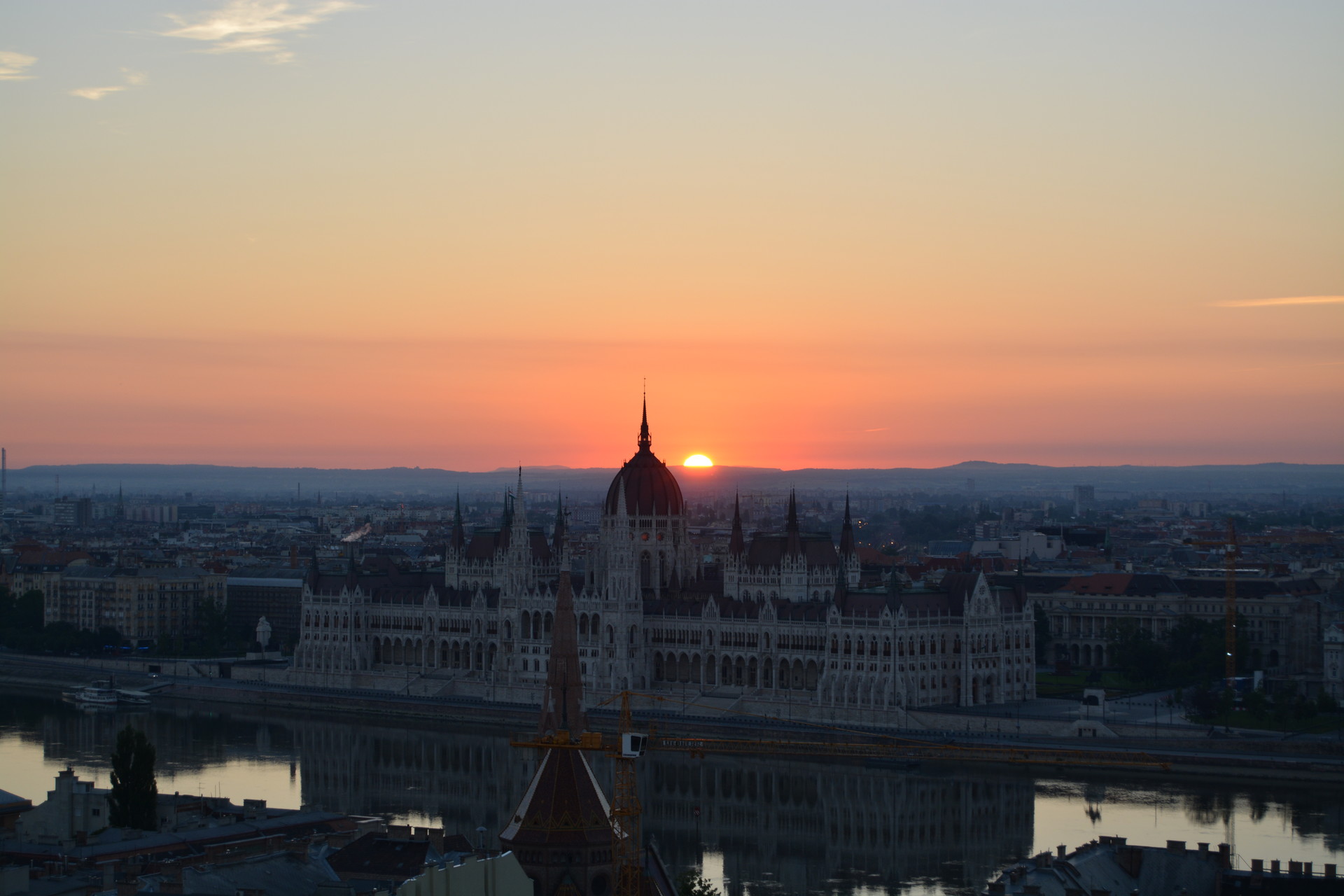
Another place from which you enjoy some incredible views is the Citadella - a statue that is located at the top of the mountain.
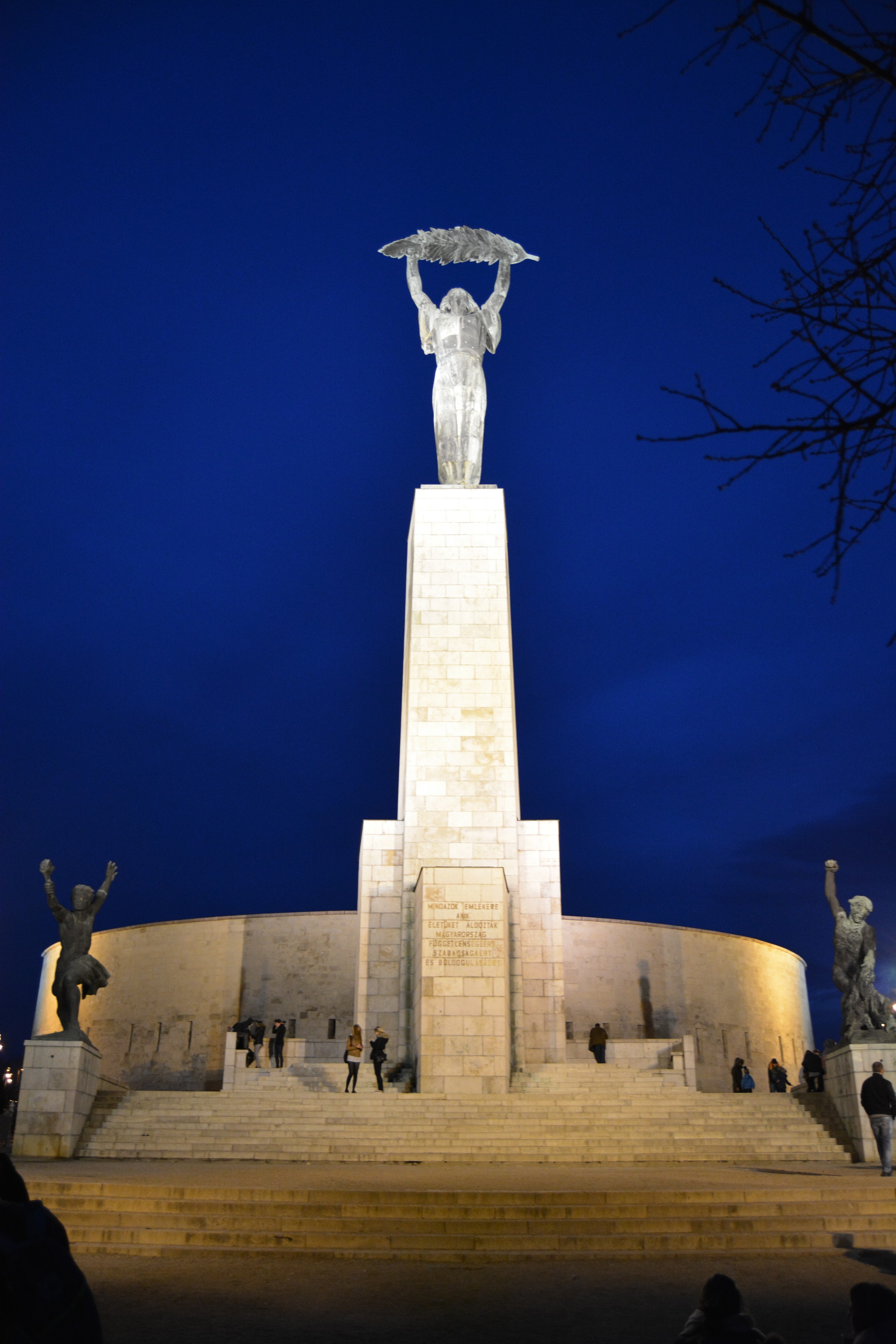
The city is magical, especially at night, when the lights are turned on and the bridges light up the River Danube.
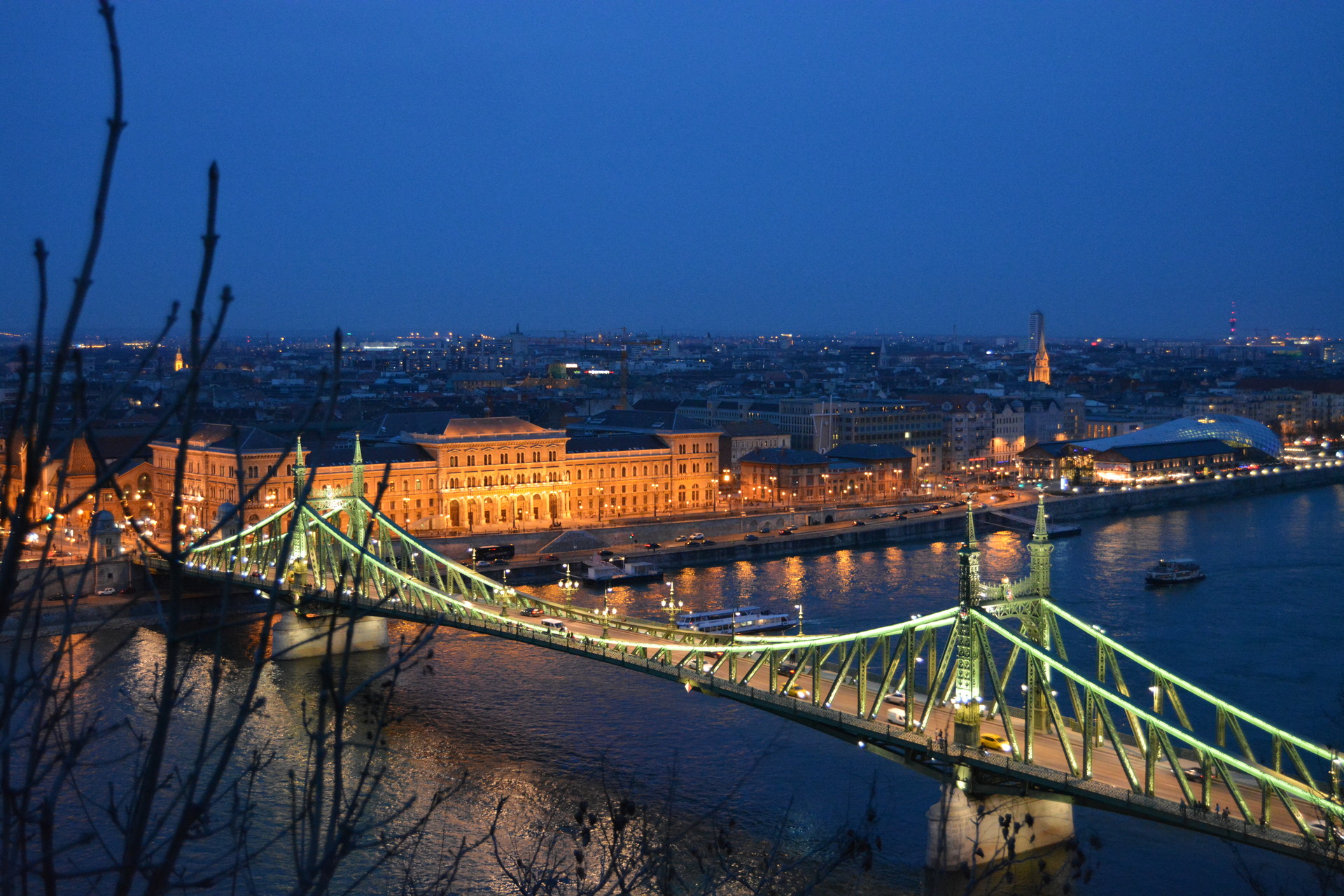
The thermal baths are also very famous: I visited the Széchenyi Spa Baths, the biggest ones in the city, and the Rudas. Personally, I liked the latter ones most, as it has an outdoor swimming pool from which you can see the city of Pest in its entirety.
It's also not uncommon to find street art on the façades of buildings throughout Budapest.
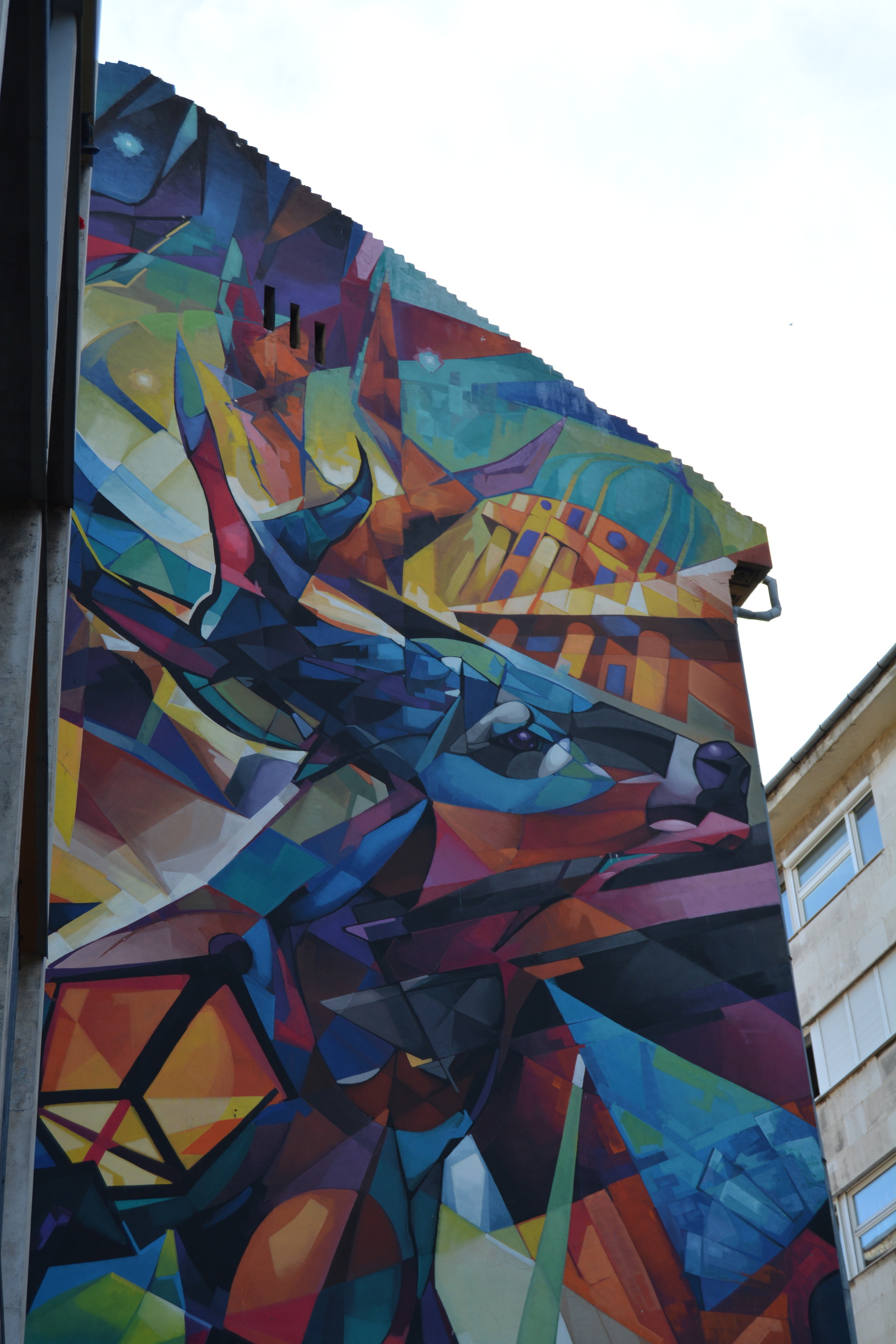
Travelling
Another of the advantages of choosing Hungary for your Erasmus is that it's bordered by seven countries, which enables you to travel with ease. I visited Slovenia, Slovakia, Czech Republic, Austria, Croatia, Bosnia, Serbia, and Poland. They are all small, but neighbouring, countries, which means that for 20€ to 40€, you can get a return ticket to their capital cities. Mind you, prepare yourself for spending 8 hours in a car. To visit Croatia and Bosnia, it's recommended that you hire a car in Budapest and make it a road trip.
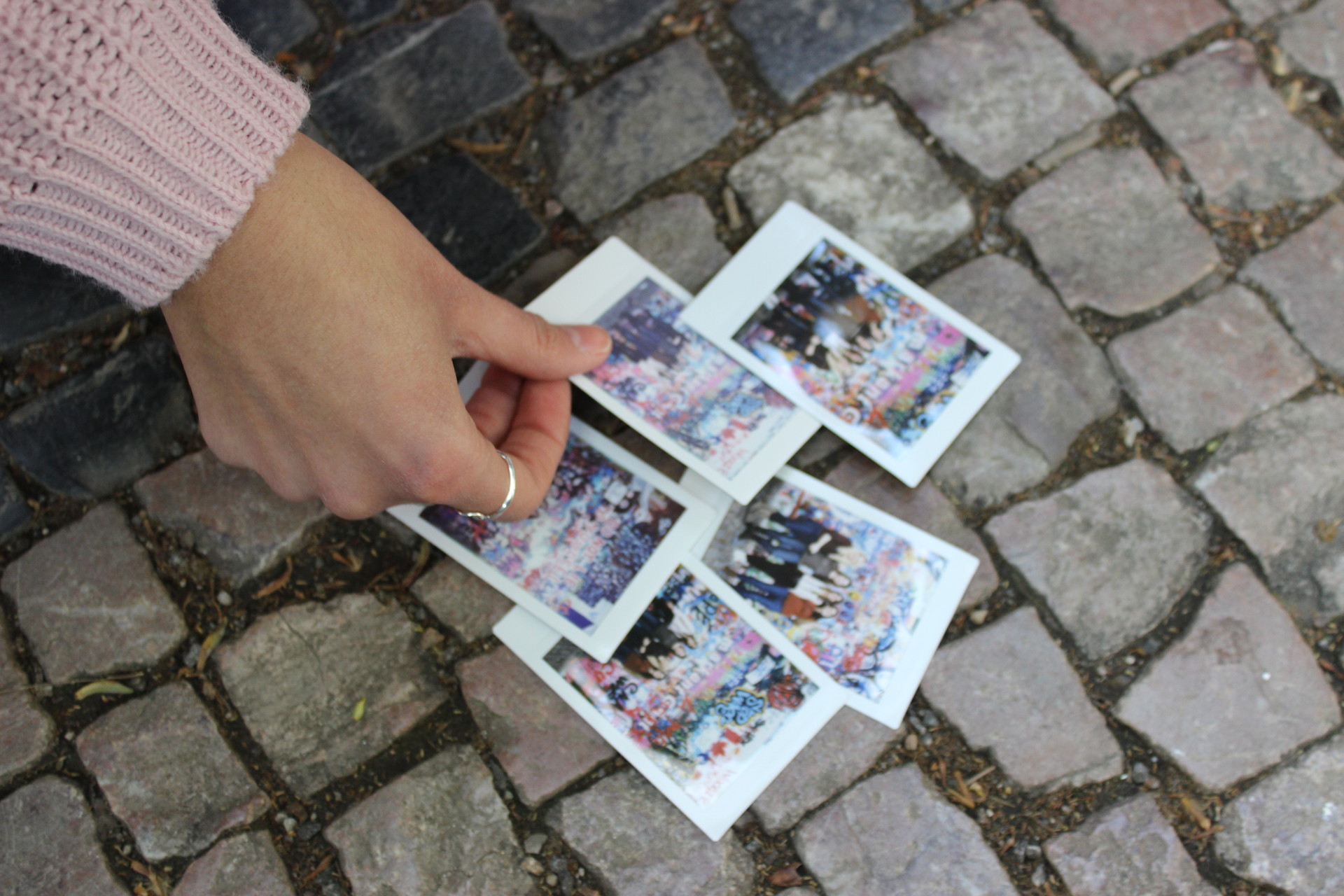
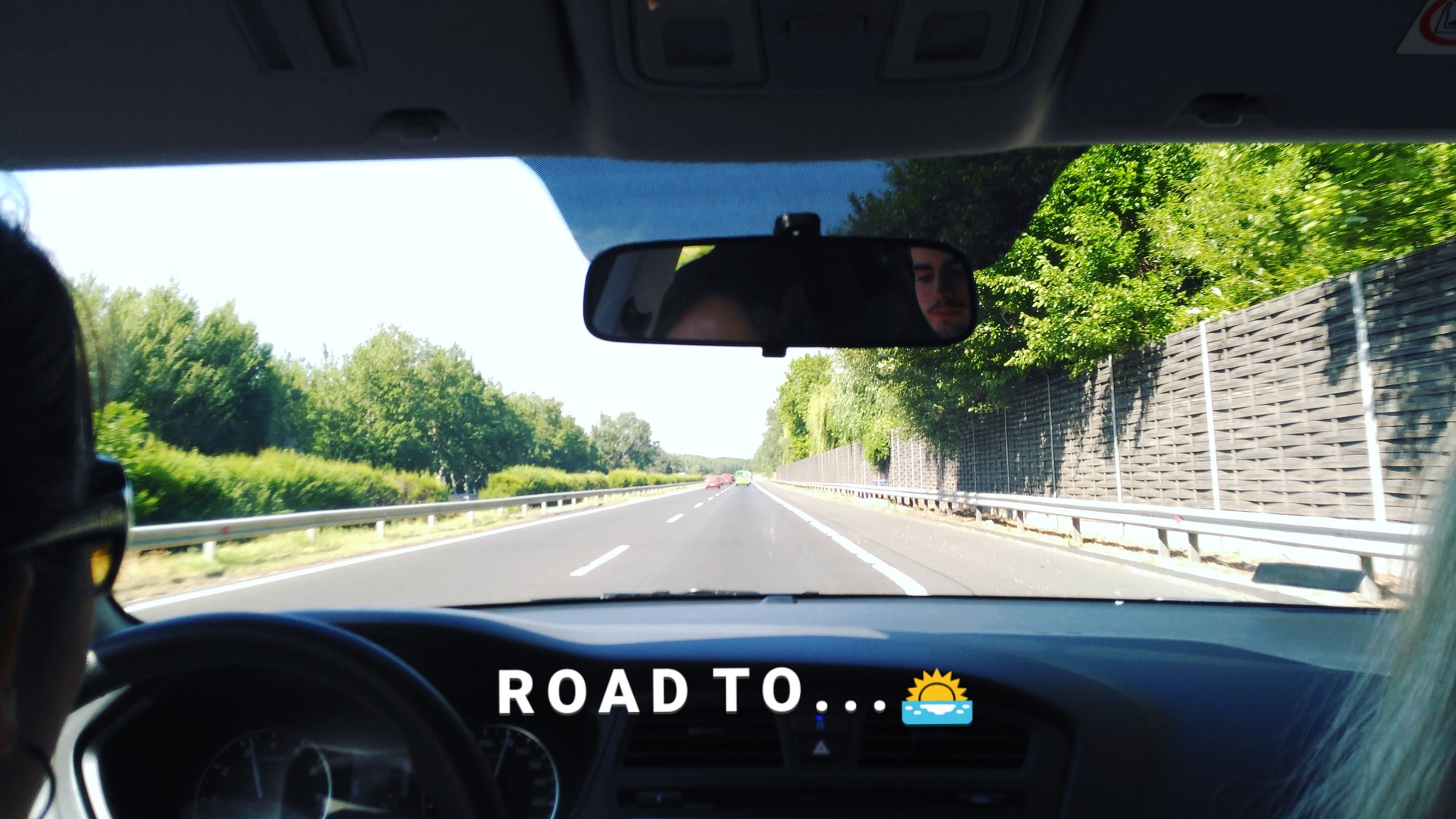
Within Hungary itself, there are also a lot of cities, apart from Budapest, that you can visit by train or even by using a hire bike.
One of the most beautiful places in my opinion is Balaton Lake, situated around 100 kilometres away from Budapest, which is one of the biggest lakes in Europe. A return ticket on the train costs 10€, and it takes approximately two hours to get there. It's really impressive.
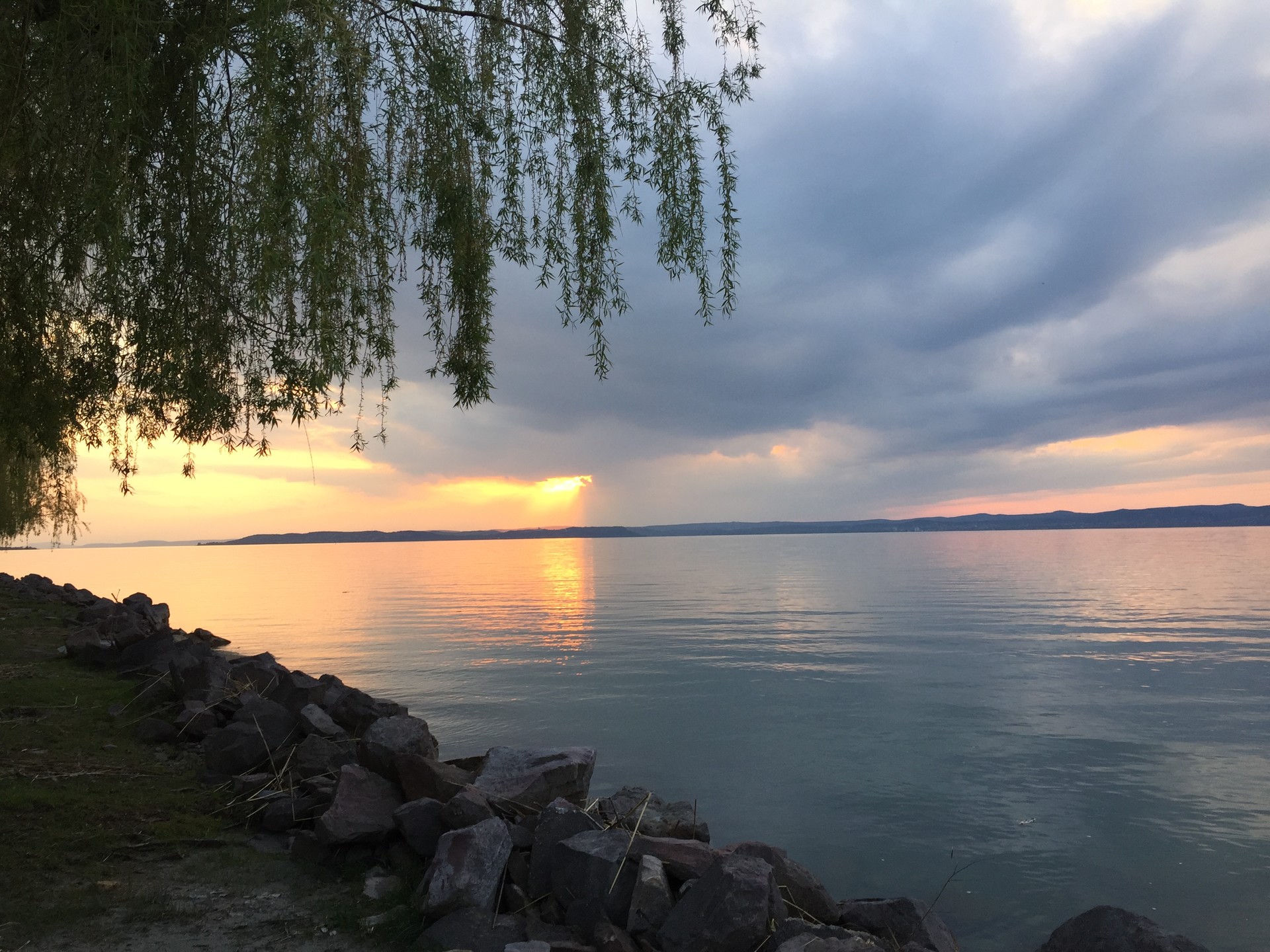
Where to go to enjoy Budapest's nightlife
Budapest has a wide variety of bars and nightclubs that you can go to on a night out or to drink something any day of the week. The ruin bars are very famous and are located inside old buildings, with destroyed walls, and where anything and everything has been utilised as a decorative item. The most well-known, and personally the one that I like the most, is Szimpla Kert, which is amazing. It has different rooms and in each of them they serve different drinks: artisan beers, cocktails, wine... They also serve food - I recommend trying the burgers.
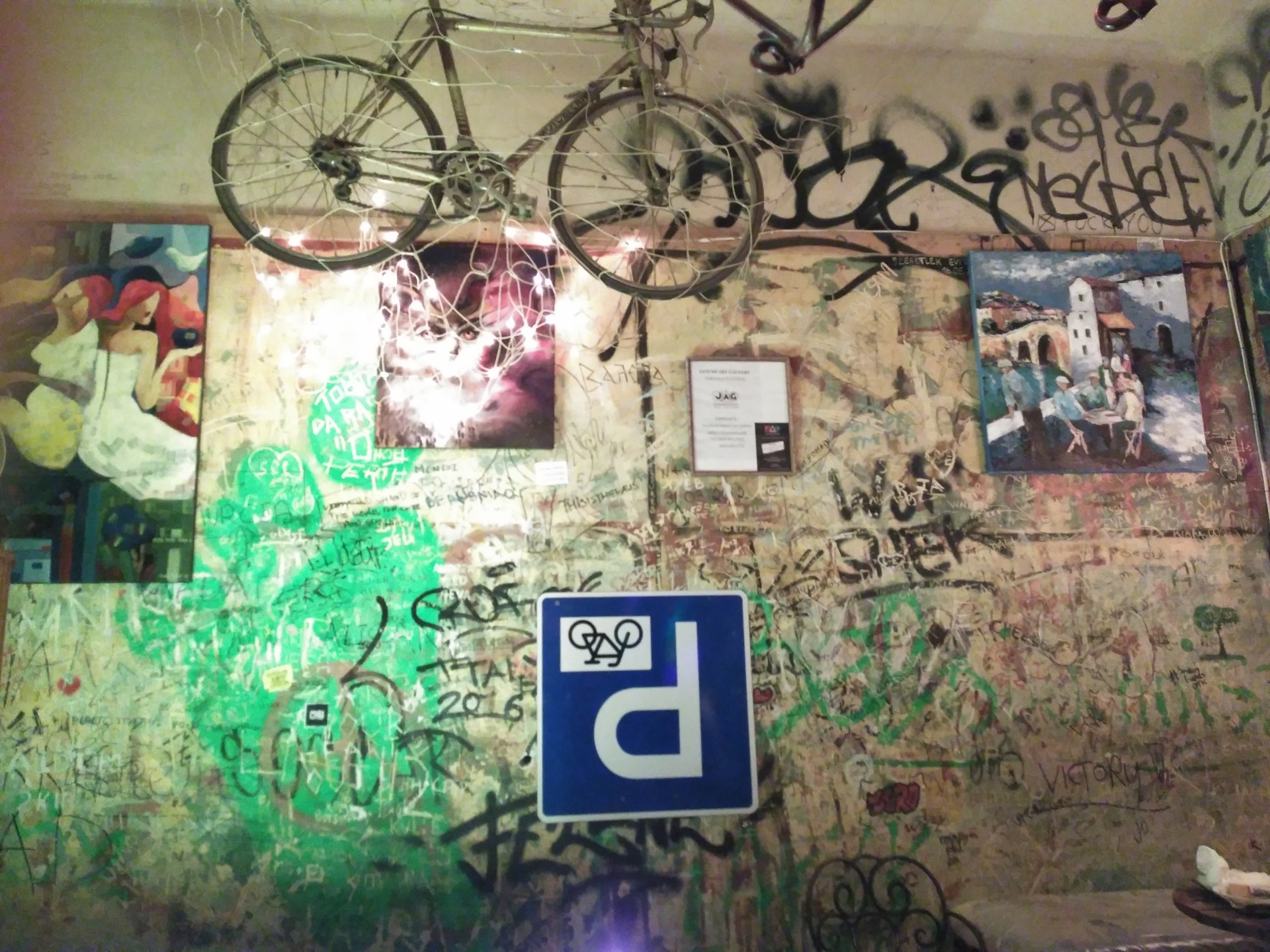
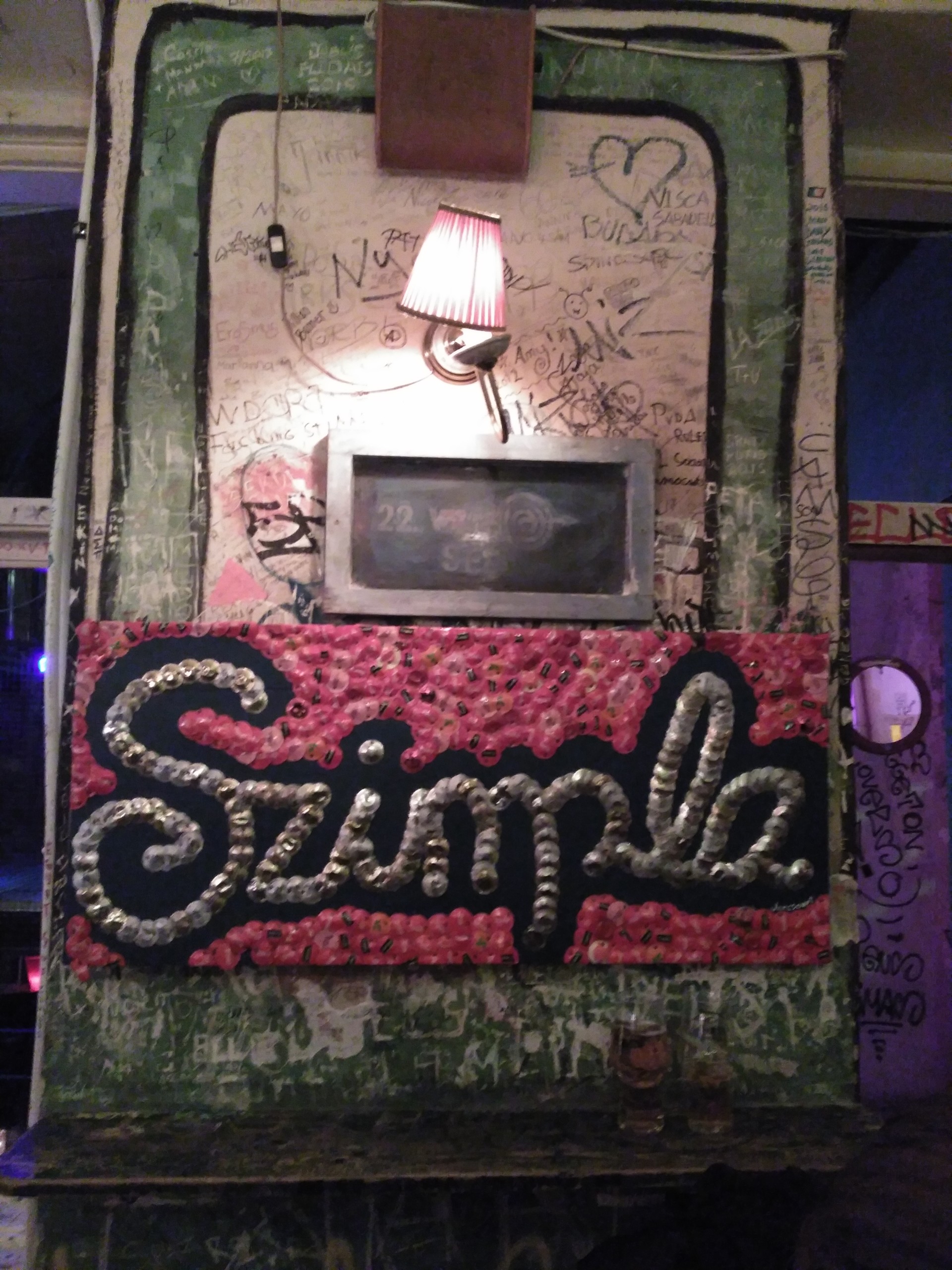
Another ruin club, the biggest of them all, is Instant. When I arrived in Budapest back in January, I was able to spend time in the original building that bore its name. Unfortunately, they closed it during my stay there and moved into a bigger premises, which, either way, is pretty cool. The music is pop/chart hits.
I must also mention Morrison's 2, one of the most frequented nightclubs amongst Erasmus students, as they sell pints of beer for just 100 HUF (33 cents) every Monday. The music in the main room is chart hits, and it also has a room with just reggaeton playing all night (on Mondays), a karaoke room, and a techno room. Kuplung is another option on Mondays, which is another ruin bar (it's much smaller but has a lot of charm), where all drinks are half price for the evening.
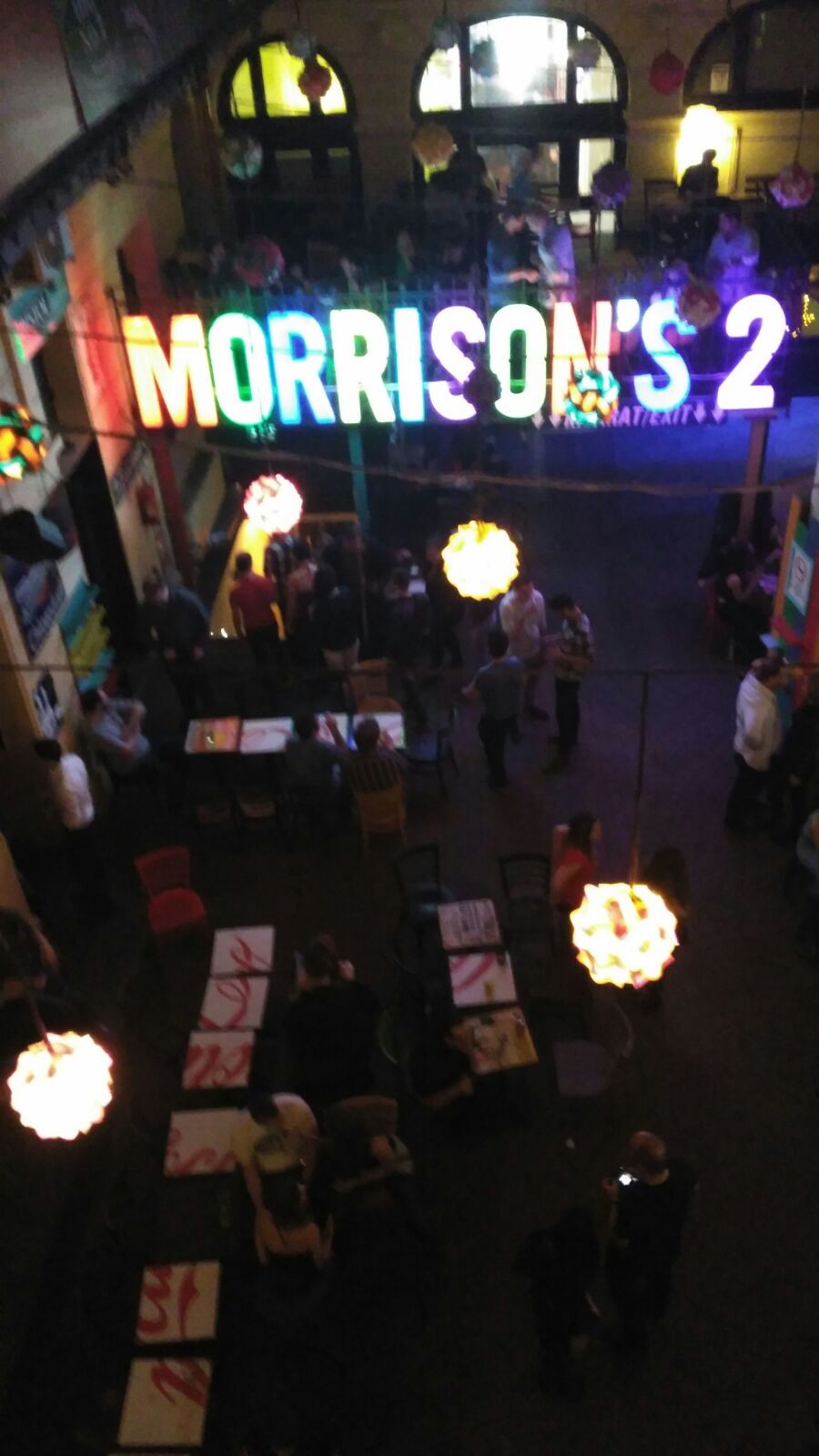

Other nightclubs that are unmissable during your time in Budapest are: Corvin (techno music), Ötkert (chart music), Fogas, A38 (it's located inside a boat on the banks of the Danube, and the view when the sun is rising is spectacular. The music is indie rock mixed with chart hits. I loved it), Akvarium (it's usually a concert hall), and Hello Baby (chart music)...
Amongst the cheaper bars, there are the chains 4es6os and Stifler32, both of which have several bars in the city centre, and are always a good option when going out for a drink or two. Another really cool bar is 360º, a rooftop that has a 360 degree view of the city.
In addition to these, there is also an organisation called ELB (Erasmus Life Budapest), which organises parties for Erasmus students in all of the city's nightclubs. They are honestly really good, and, if you get the ELB card, you usually receive discounts at these events. Entrance to the nightclub is usually free or costs very little (2€), except for guys who, in some places, have to pay more (between 5€ and 6€).
Leisure
In winter, it's really cold, so students usually have house parties. However, when the good weather starts, life in the city's streets is amazing. Budapest is full of parks where you can sunbathe, go for a picnic, play cards and go for a beer. The biggest is in Margaret Island (an island in the middle of the Danube, it's practically all grass, and it's a place where festivals are usually held in the summer).
When the weather is good, it's also pretty common to meet up with friends at night at Deak Ferenc ter, a square where the nightclub Akvarium is located and has several bars with good atmospheres.
Budapest is a city that organises lots of leisure activities, holding many festivals of several types: music, food, etc., and they organise so-called "botellones" all over the city. Whilst I was there, I organised a botellón on Liberty Bridge, one of the most important bridges in the city, stopping the traffic so that people could sit in the middle of the bridge and socialise.
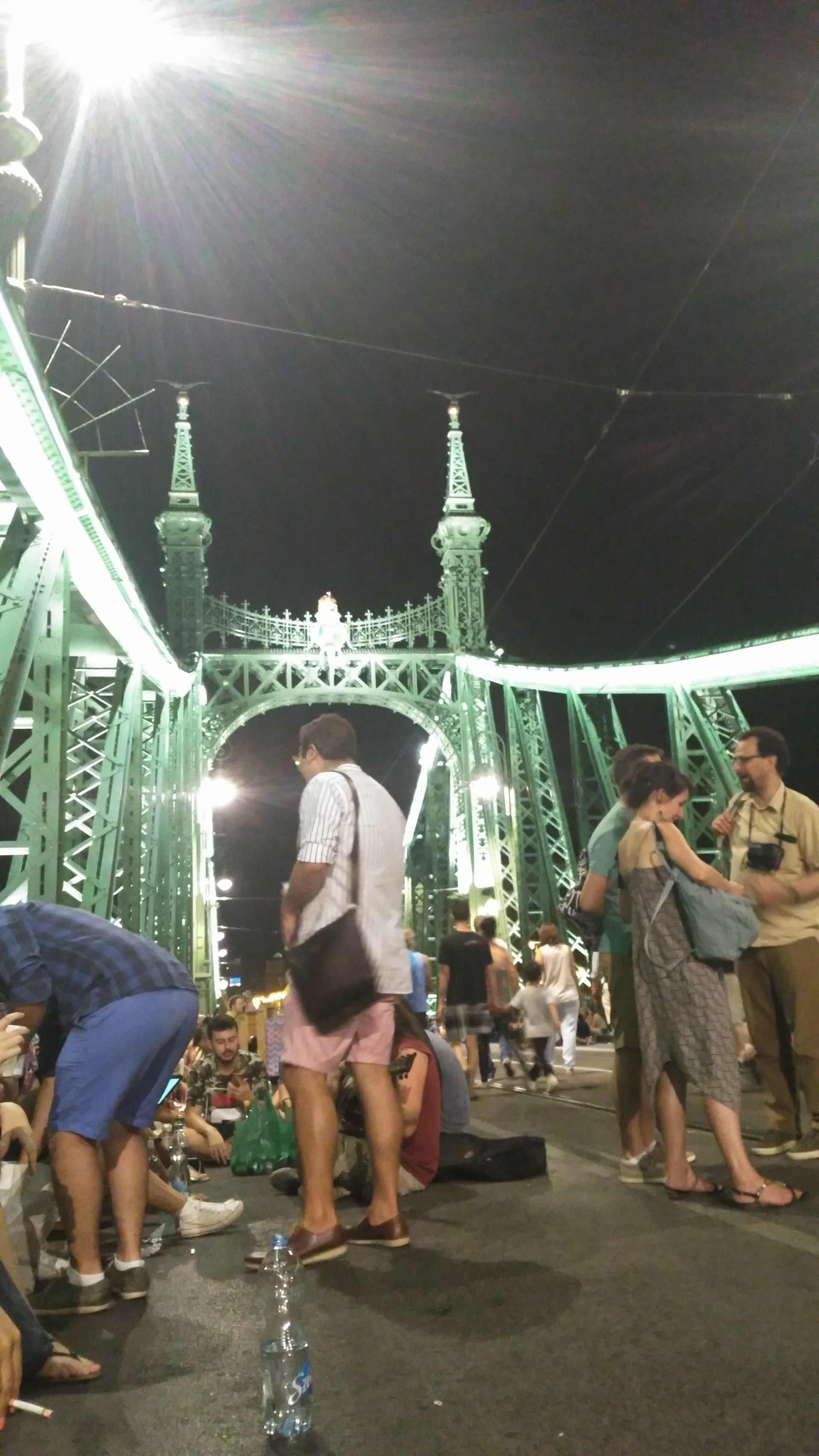
Hungarian cuisine
Hungarian food is characterised for having very strong, caloric and spicy dishes. The most typical dish is "Gulash" (a stew with meat, carrot, onion... and paprika).
There is also a dessert called "Kürtöskaláks" that is made by rolling dough onto a heated cylinder mould. It is available in different flavours (vanilla, coconut, cinnamon, chocolate... ).

Another food that is characteristic of Hungarian cuisine is "Lángos", which is fried bread with sauce and an additional condiment. I never actually ended up trying it because it never really grabbed my attention that much.
The typical beers are Dreher, Arany and Borsodi, and both the cans that are sold in supermarkets and the glasses served in bars are usually always 500ml.
All things considered, Budapest is a different, yet magical city, with a special charm and lots of potential. My experience there was unbeatable; it's an incredible Erasmus destination, and I recommend it to everyone. I have focused more on day-to-day practical information in this post, as more tourist-based topics about what to visit or more facts about Hungarian culture are much more detailed and better explained in any tourist guide. I hope that my experience helps those of you who are undecided about Budapest or don't know which country to choose when it comes to doing an Erasmus exchange. And, if you are feeling doubtful as to whether to do one or not, don't even think twice, it's an unrivalled experience that you can only understand when you are there yourself.
Once Erasmus, always Erasmus.
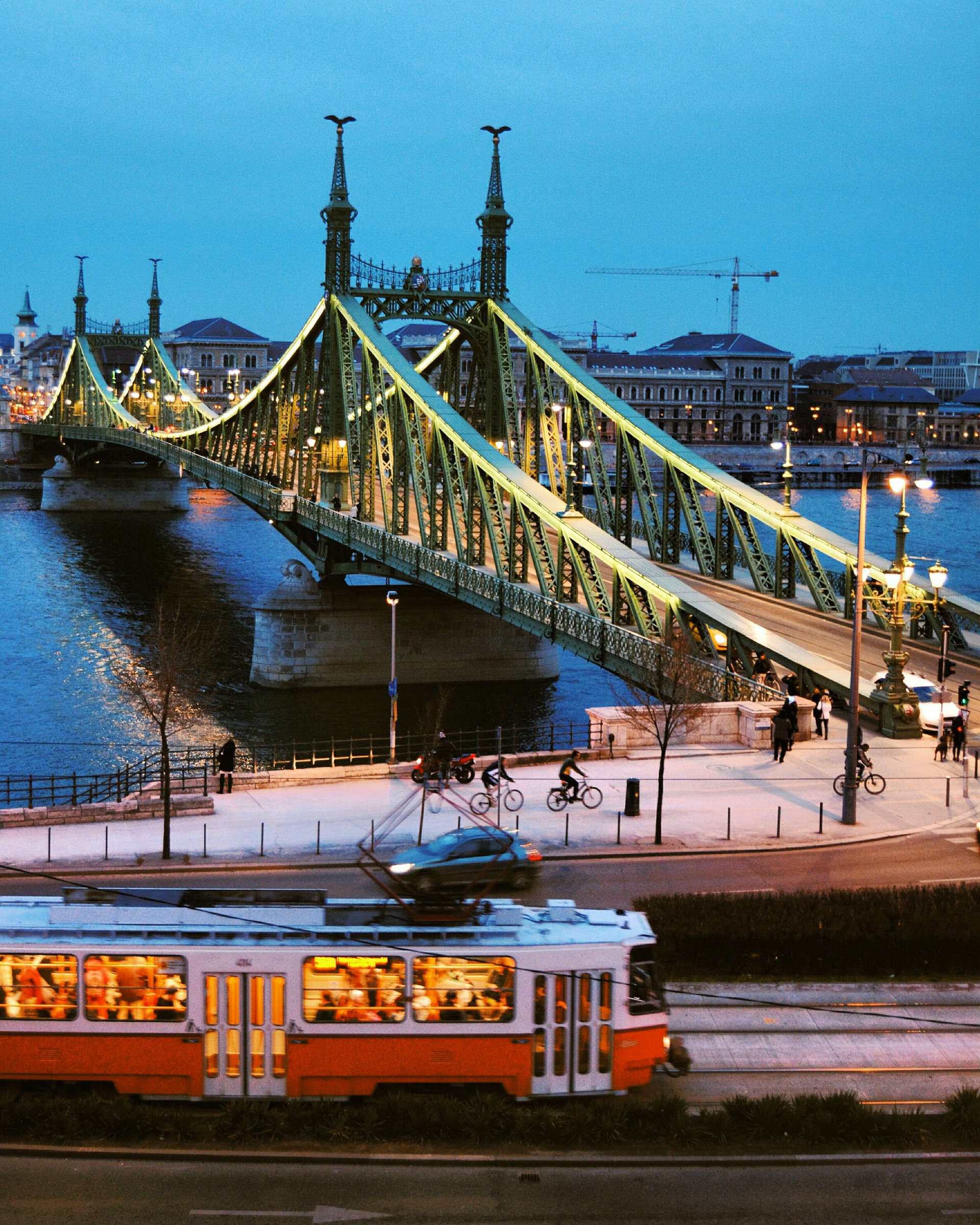
Photo gallery
Content available in other languages
Share your Erasmus Experience in Budapest!
If you know Budapest as native, traveler or as exchange student... share your opinion on Budapest! Rate different characteristics and share your experience.
Add experience →




































Comments (0 comments)